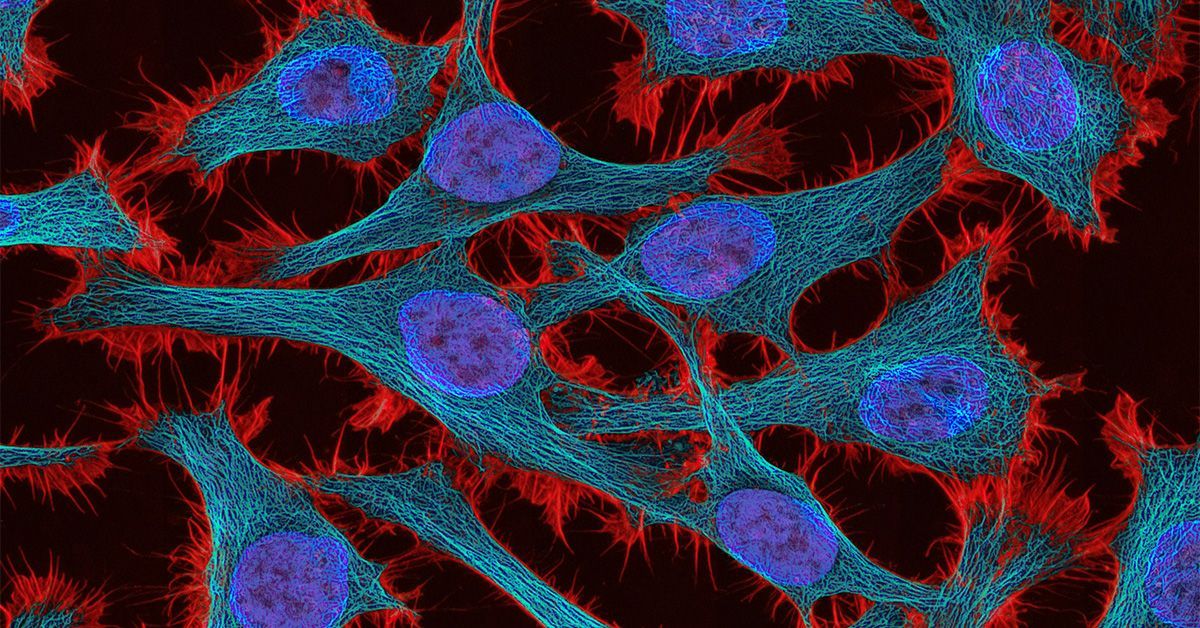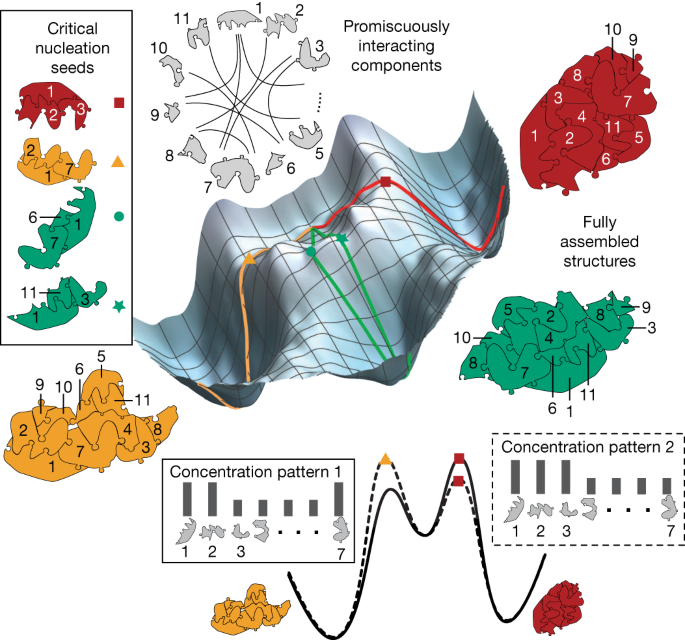2024-01-18 カリフォルニア大学サンディエゴ校(UCSD)

Cervical cancer, shown here at the cellular level, frequently resists treatment. The researchers’ machine learning algorithm could help scientists better understand why this and other forms of cancer resist chemotherapy. Photo credit: National Cancer Institute/Unsplash
◆膨大な変異が薬剤耐性予測を難しくしていたが、このアルゴリズムは遺伝的変異が腫瘍のDNA複製への薬物反応に与える影響を研究。特に子宮頸がん腫瘍でモデルを試し、シスプラチンなどの薬物に対する応答を正確に予測。治療耐性の高い腫瘍を特定し、その基本機構も明らかに。AIモデルの透明性が強調され、これが新しい化学療法の可能性を切り拓くうえで鍵とされている。
<関連情報>
- https://today.ucsd.edu/story/ai-harnesses-tumor-genetics-to-predict-treatment-response
- https://aacrjournals.org/cancerdiscovery/article/doi/10.1158/2159-8290.CD-23-0641/733374/Cancer-mutations-converge-on-a-collection-of
がん突然変異がタンパク質集合体に収束し、複製ストレスに対する耐性が予測される。 Cancer mutations converge on a collection of protein assemblies to predict resistance to replication stress
Xiaoyu Zhao,Akshat Singhal,Sungjoon Park,JungHo Kong,Robin Bachelder,Trey Ideker
Cancer Discovery Published:January 18 2024
DOI:https://doi.org/10.1158/2159-8290.CD-23-0641
Abstract
Rapid proliferation is a hallmark of cancer, associated with sensitivity to therapeutics that cause DNA replication stress (RS). Many tumors exhibit drug resistance, however, via molecular pathways that are incompletely understood. Here, we develop an ensemble of predictive models that elucidate how cancer mutations impact the response to common RS-inducing (RSi) agents. The models implement recent advances in deep learning to facilitate multi-drug prediction and mechanistic interpretation. Initial studies in tumor cells identify 41 molecular assemblies that integrate alterations in hundreds of genes for accurate drug response prediction. These cover roles in transcription, repair, cell-cycle checkpoints, and growth signaling, of which 30 are shown by loss-of-function genetic screens to regulate drug sensitivity or replication restart. The model translates to cisplatin-treated cervical cancer patients, highlighting an RTK (receptor tyrosine kinase)-JAK-STAT assembly governing resistance. This study defines a compendium of mechanisms by which mutations affect therapeutic responses, with implications for precision medicine.

